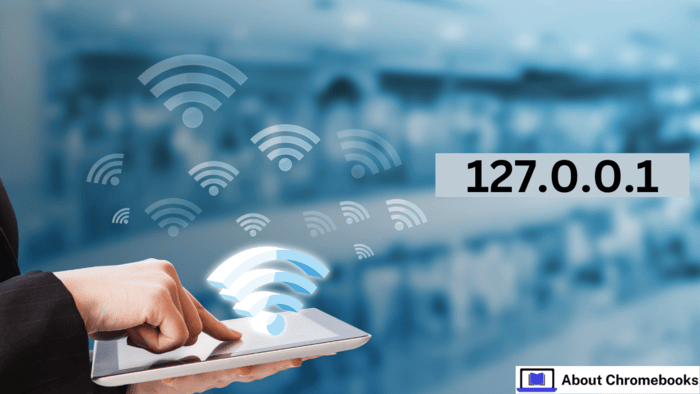The IP address 127.0.0.1, also known as the localhost or loopback address, is a unique IPv4 address used by each computer to refer back to itself.
Unlike typical IP addresses that enable communication between devices, this address serves only the device on which it is configured.
How Does 127.0.0.1 Work?
When an application generates a message with a destination IP address of 127.0.0.1, the TCP/IP protocol identifies it as a loopback address.
Rather than sending this message out to the network, TCP/IP redirects it back to the device’s own receiving end.
This mechanism allows the computer to communicate internally for tasks like local testing, without exposing the data to the external network.
Why Use Loopback Addresses for Security?
Loopback addresses also contribute to network security. TCP/IP prevents any messages containing loopback addresses from being routed externally.
If a message with a loopback IP reaches a router, it’s discarded, reducing the risk of network attacks that disguise traffic as coming from a local address.

How Is 127.0.0.1 Useful for Application Testing?
This loopback address is valuable for local testing as messages directed to 127.0.0.1 remain within the local machine.
Developers use this for testing applications, as it avoids exposure to the local network or the internet.
Applications often designate port numbers along with the loopback address to segment test data, enabling more detailed analysis.
What About the IPv6 Loopback Address?
In IPv6, the loopback address is represented as::1. While it functions similarly to 127.0.0.1, IPv6 does not allocate an entire range of addresses for loopback purposes, using only this single address instead.
How Does 127.0.0.1 Compare to Other Reserved IP Addresses?
The range 127.0.0.0 to 127.255.255.255 is dedicated to loopback functionality, though 127.0.0.1 is the standard loopback address.
Unlike private IP ranges that facilitate device-to-device communication within a local network, 127.0.0.1 cannot be used for inter-device communication.
It is sometimes confused with the address 0.0.0.0, which has a special meaning but lacks loopback capability.
FAQ
How can I remove a 127.0.0.1 proxy virus?
If you suspect malware using a 127.0.0.1 proxy server, try performing a system restore. This process can undo recent changes without affecting essential files, helping remove any suspicious software.
How do I block a website using 127.0.0.1?
To block a website, open the Windows Hosts file with Administrator permissions, add a line at the bottom with “127.0.0.1 [website URL],” save the file, and restart. This reroutes the URL to localhost, effectively blocking it on your device.
The post How Does 127.0.0.1 Work and Why Use It? appeared first on About Chromebooks.

